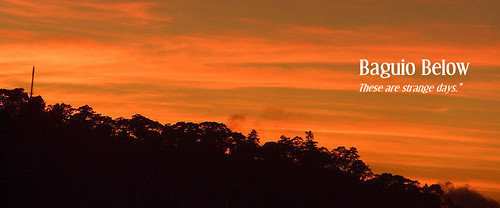The English expression “to fall asleep” is apt because the transition between waking and sleeping is a gradual drop from one state of being into another, a giving up of full self-consciousness for unconsciousness or for the altered consciousness of dreams. Except in cases of exhaustion or with the aid of drugs, the movement from one world to another is not instantaneous; it takes a little time. Full waking self-consciousness begins to loosen and unravel.
During this interval, I have often had the illusion that I am walking. I feel my foot slip off a curb and fall, but before I hit the pavement, I feel a jerk and am fully awake again. I also watch brilliant mutating spectacles on my closed eyelids, so-called hypnogogic hallucinations, that usher me into sleep. Sometimes I hear voices speak a single word or a short emphatic sentence.
Siri Hustvedt writes on sleep and insomnia in the New York Times. The piece is for a series called All-Nighters, an exploration of the "ways we approach sleeplessness — as a nuisance, a disease, a curse, an opportunity or even a gift."
Subscribe to:
Post Comments (Atom)





0 seen below:
Post a Comment